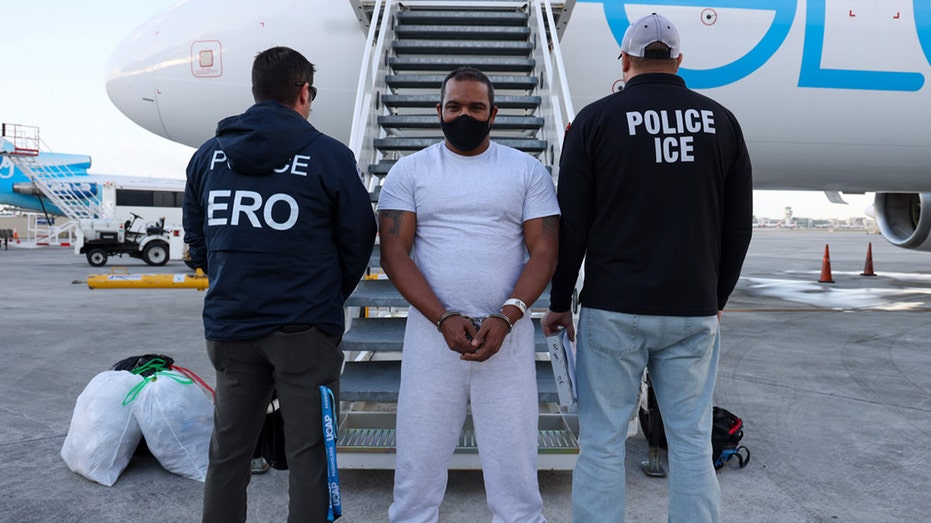
The U.S. Immigration and Customs Enforcement (ICE) agency has deported 36-year-old Batista Matos back to the Dominican Republic. This deportation, which took place on Monday, marks the fifth time Matos has been sent back to his home country. He faces serious charges related to a tragic incident involving human smuggling that resulted in the deaths of three minors.
Authorities believe that Matos played a key role in facilitating a dangerous and illegal migration journey that claimed young lives. The case has drawn significant attention, highlighting the ongoing issues surrounding human smuggling and the desperate measures some families take to seek a better life.
Details of the Incident
Matos was allegedly involved in orchestrating a smuggling operation that ended in tragedy. Reports indicate that the victims perished due to hazardous conditions during their journey. These conditions are often a stark reminder of the risks associated with illegal border crossings.
The case has raised questions about how individuals like Matos can repeatedly engage in such dangerous activities without facing severe consequences sooner. Each deportation offers a brief reprieve, but often, individuals return to similar situations, continuing a cycle of endangering lives.
The Consequences of Human Smuggling
Human smuggling is a pressing issue in the Americas. Many individuals seeking a better future often find themselves at the mercy of smugglers. In addition to facing legal consequences, many fall victim to exploitation and violence. This burgeoning problem not only affects the individuals involved but also has broader implications for public safety and policy.
Statistics paint a grim picture of human smuggling: according to the U.N., nearly 3,000 migrants died in 2021 while attempting to cross borders illegally. These figures are a stark reminder of the human cost behind migration.
Legal Action and Diplomatic Efforts
In response to the tragic deaths, Dominican authorities have expressed their commitment to pursuing justice. The Dominican Republic has taken steps to strengthen its laws against human smuggling and to increase cooperation with the United States in addressing this issue.
Legal analysts suggest that Matos’s case could set a precedent. If found guilty of his charges, it may deter other individuals from engaging in similar activities. As the legal proceedings unfold in the Dominican Republic, many are watching closely to see how the justice system addresses this tragic case.
A Broader Look at Immigration Policies
This incident at the heart of Matos’s deportation raises critical questions about immigration policy. Many advocate for reforming the system to address the root causes of migration. An effective approach could help reduce the number of individuals risking their lives by relying on smugglers.
- Enhancing legal migration options.
- Providing support for economic development in home countries.
- Increasing awareness of the dangers of illegal smuggling operations.
Advocates argue that a comprehensive approach could significantly reduce the risks associated with human smuggling.
The Human Cost of Smuggling
Ultimately, the cases that emerge from human smuggling operations serve as a harrowing reminder of the high stakes involved. As families face desperate situations, they may make decisions that lead to heartbreaking outcomes, such as the loss of young lives.
This emphasizes the need for continued dialogue surrounding immigration policies and human trafficking. Lawmakers and community leaders must prioritize solutions that protect vulnerable populations while addressing security concerns.
Conclusion
The deportation of Batista Matos not only shines a light on individual accountability in tragic circumstances but also serves as a call to action for policymakers. As discussions around optimal immigration solutions continue, it is crucial to keep the human side of these stories at the forefront. Ensuring safety and respect for all individuals, regardless of their status, must remain a focus.
Reference: Source Article

